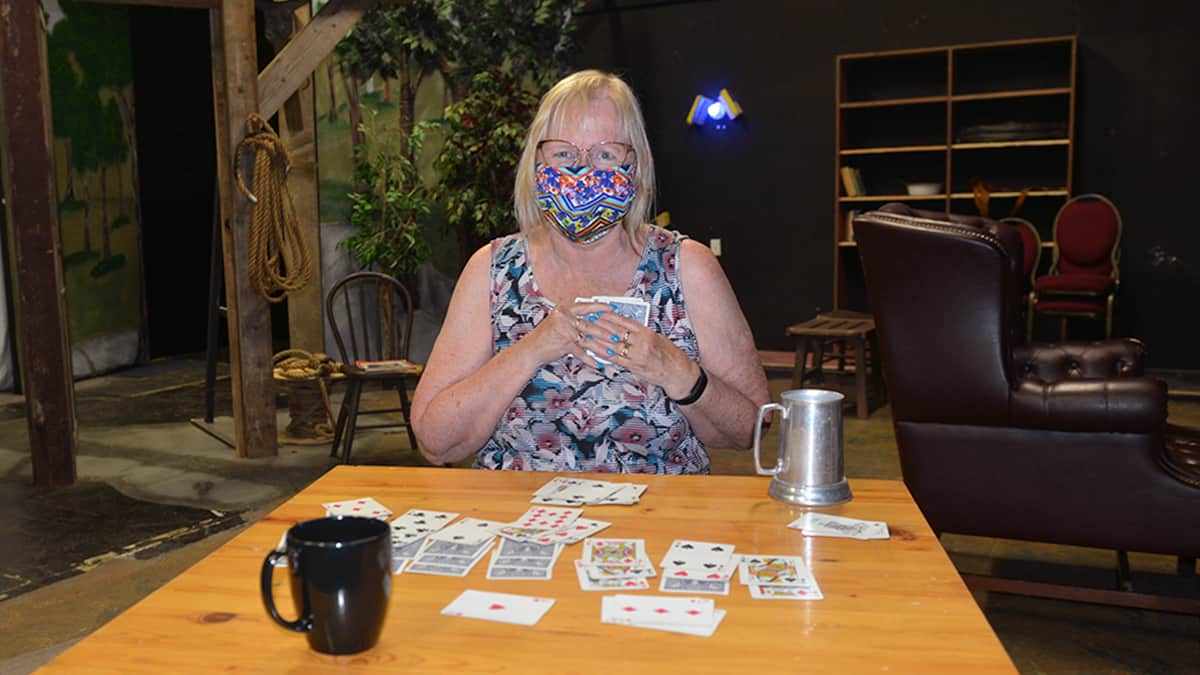Some two-thirds of Waterloo Region residents over the age of 12 are fully vaccinated, with 82 per cent having received at least one dose. Making a push to stay ahead of the Delta variant, health officials have opened up all regional clinics to walk-in traffic.
The region is also rolling out mobile vaccination buses to reach areas that have limited transportation options, as well as to high-risk areas. No appointments are required to hop on, up to six people can be vaccinated on the bus at any one time. Likewise, the drive-through clinic at Bingemans in Kitchener has been extended yet again.
“A new vaccination bus is bringing the vaccine to residents who have been unable to attend a public vaccination clinic, doctor’s office or pharmacy. This convenient service is helping to protect underserved areas in priority neighbourhoods against the virus and the Delta variant. We also brought back the drive-through vaccination clinic at Bingemans after its success earlier this month,” said Connie MacDonald, regional chief communications and strategy officer, at the weekly pandemic briefing July 23.
While being fully vaccinated isn’t a guarantee against contracting the COVID-19 virus, immunization is the best defence against getting seriously ill or dying, public health officials stress. In opening up the vaccination process, they urge everyone to get a first or second shot as soon as possible.
“The more vaccinated we get, the closer we get to a full reopen. While many of us enjoy expanded indoor settings and capacity limits as part of step 3 of the province’s roadmap to reopen, please remember to do so responsibly – right now is a popular time for summer vacations and trips to the cottage and many other activities, please enjoy these activities safely by following public health measures, including gathering limits,” added MacDonald.
“When the province identified Waterloo Region as a Delta hotspot, the vaccine task force made it a priority to accelerate second doses by increasing capacity at clinics and creating more opportunities for residents to receive vaccine,” added Shirley Hilton, who heads the task force.
The recommendation is 28 days from your first dose to second. Anyone with appointments in September or October should think about getting their second jab sooner, said Hilton.
As far as children 12 and under, the pharmaceutical companies are still holding trials but hope by October to be able to offer them their first jab. That means the start of the school year in September could look similar to last year’s.
University and college students are recommended to get their first and second doses as quickly as possible before they enter residences or the school building, though policies will be set by each institution itself.
Delta still holds the Waterloo Region from a full reopening, with 97 per cent of cases in 2 weeks being from that strain.
“We may be done with the pandemic, but the pandemic is not done with us,” said medical officer of health Dr. Hsiu-Li Wang.
Unvaccinated residents account for more than 70 per cent of new COVID cases.
At midweek, the number of active cases in Waterloo Region was down to 108 from 164 a week earlier, with officials monitoring outbreaks in seven locations. The number of new cases each day is at the lowest level since early last fall. Since the start of the pandemic, 282 people have succumbed to the virus, one in the past week.
The numbers are significantly lower in neighbouring Wellington-Dufferin-Guelph, where there were just 24 active cases at midweek, down from 37 at the same point last week. There have been a total of 126 fatalities since the pandemic began, unchanged over the last seven days.
The province continues to see growth in the total number of cases, though at a much slower pace, with the tally now at 549,576, up about a thousand in the past week.
There have been 9,321 deaths attributed to the virus – up 25 over the week before – representing a mortality rate of 1.7 per cent. The ministry reports 538,860 cases (98.1 per cent) have been resolved.
The latest numbers from Health Canada show 5,165 active cases nationwide, up about 500 from a week earlier. The cumulative total of confirmed cases now stands at 1,427,917, with 26,560 related deaths, a mortality rate of 1.8 per cent.









